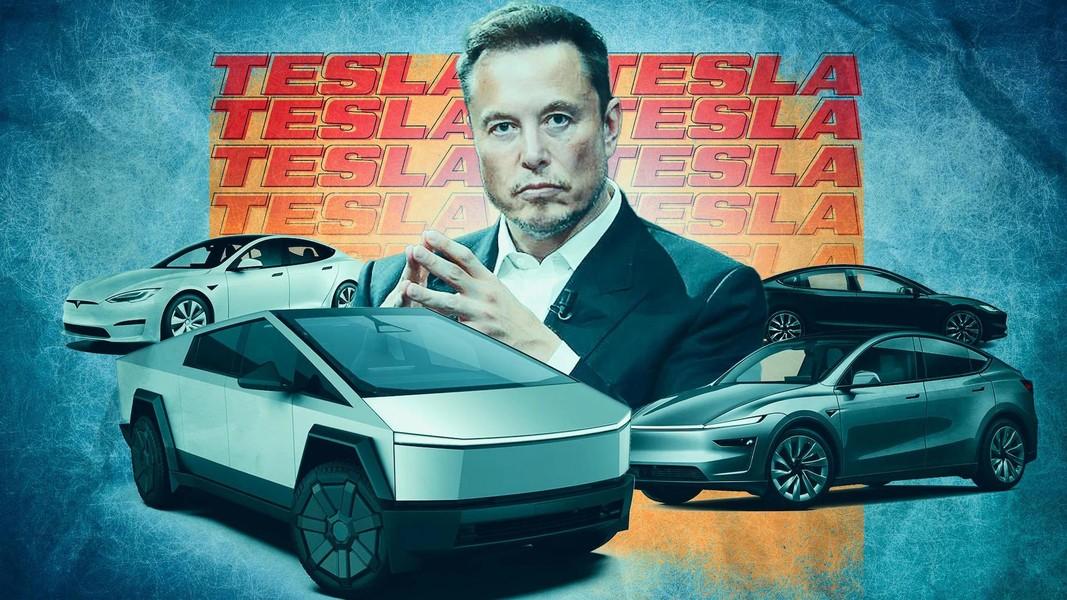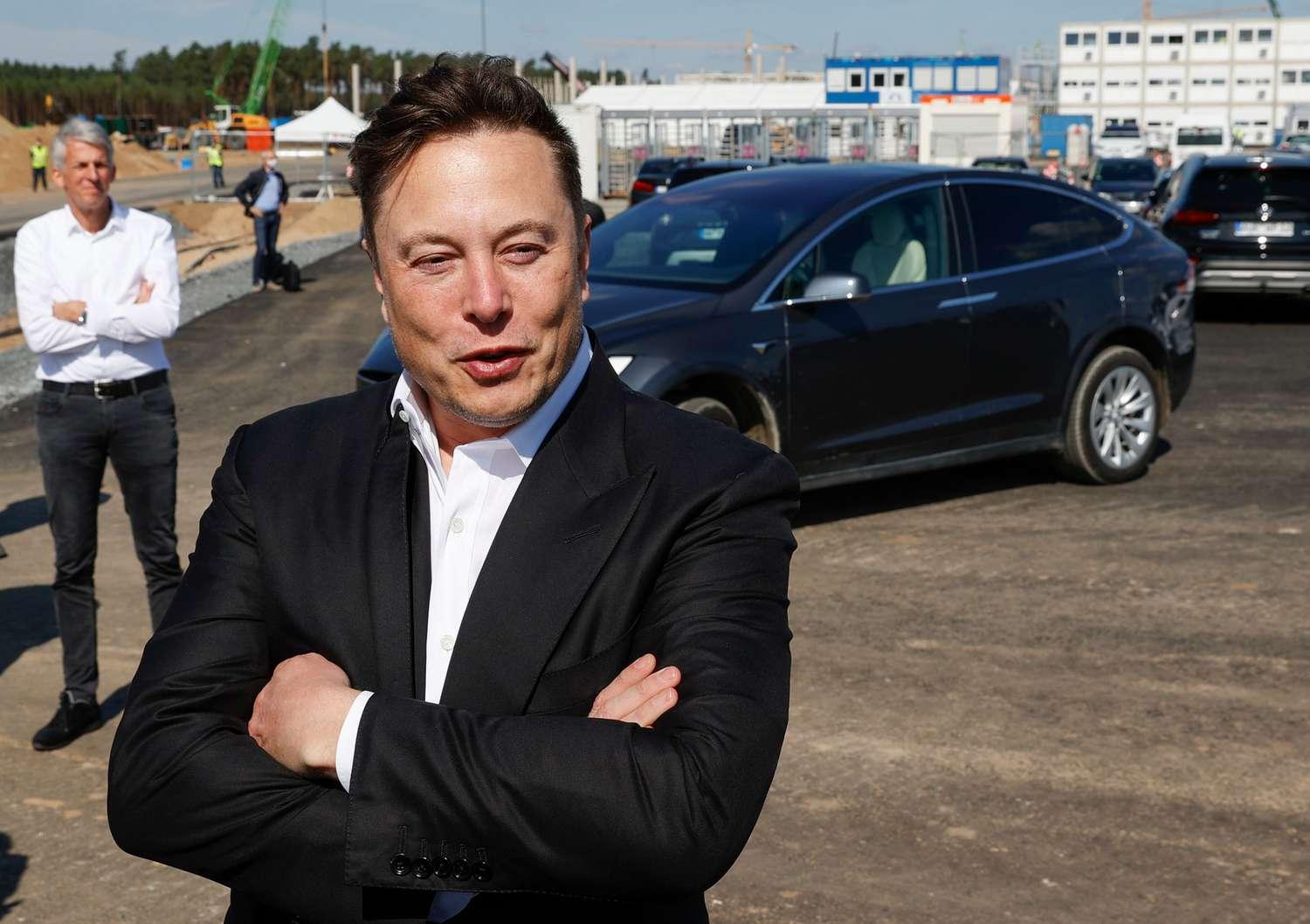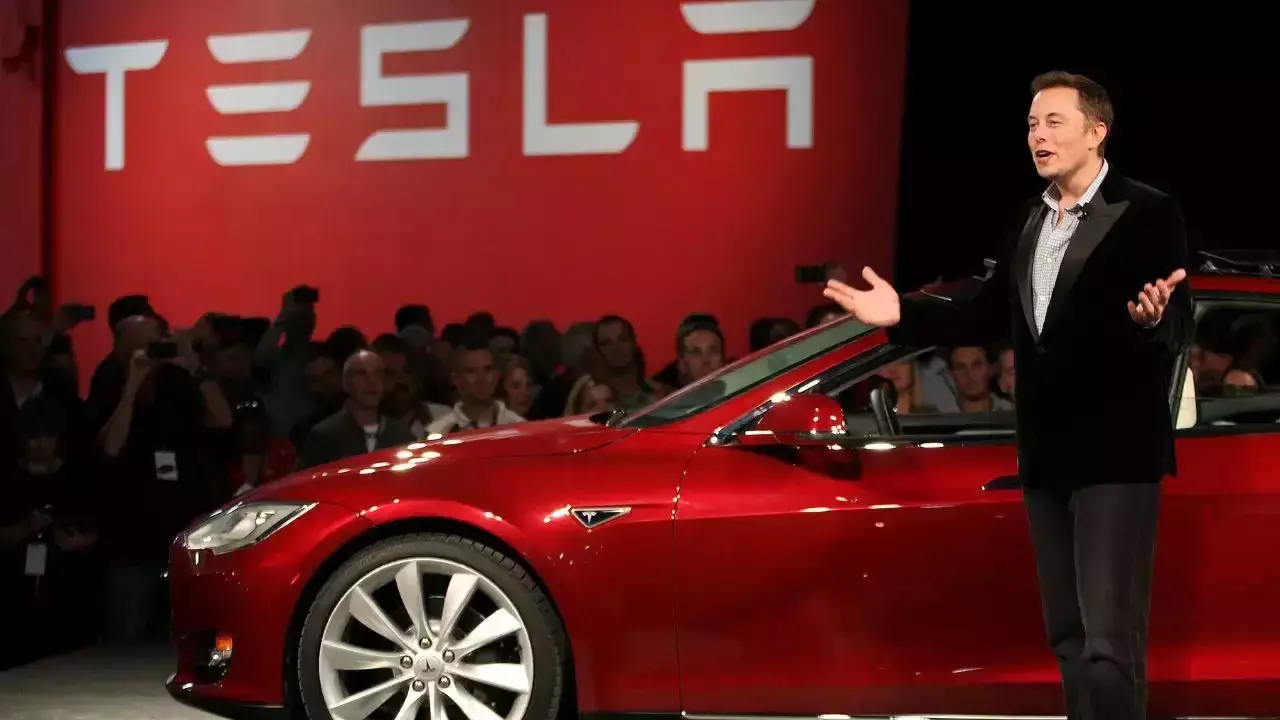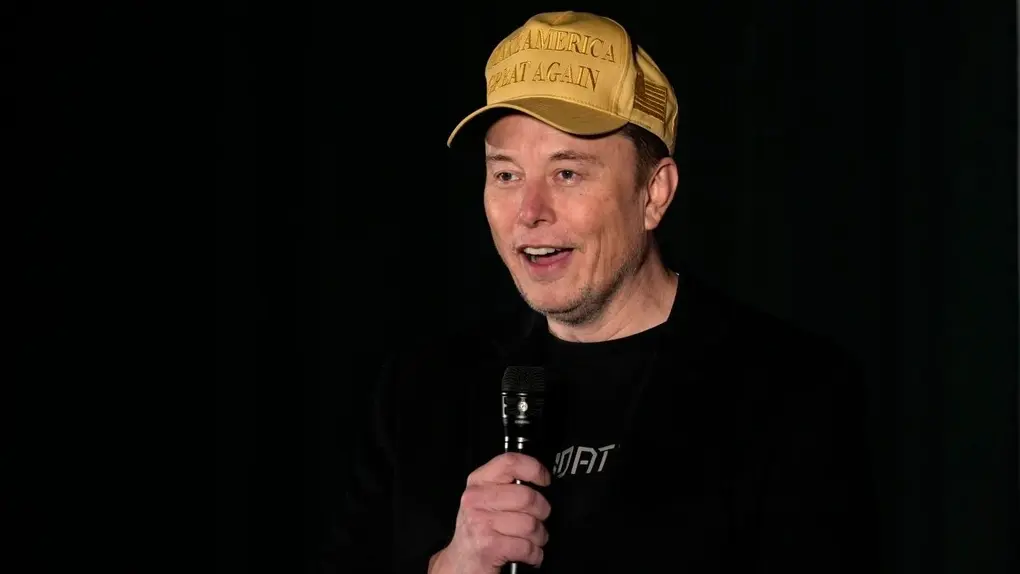Elon Musk, the visionary entrepreneur behind Tesla, SpaceX, and several other groundbreaking ventures, recently addressed public speculation surrounding his staggering $56 billion pay package. Contrary to common assumptions, Musk insists that the massive compensation figure is not motivated by personal wealth accumulation, but rather driven by a far greater mission.

The $56 billion figure, which has made headlines worldwide, represents one of the most ambitious executive compensation plans ever structured. Tied closely to Tesla’s performance milestones and company valuation, the package incentivizes Musk to push the company toward unprecedented growth and innovation. Yet, Musk emphasizes that his focus is not on monetary gain.
In a candid statement, Musk revealed that his compensation plan is fundamentally about aligning his incentives with the long-term success of Tesla and the advancement of sustainable energy and space exploration. “This isn’t about the money,” Musk said. “It’s about the mission—accelerating the world’s transition to sustainable energy and making life multiplanetary.”

The compensation structure itself is largely stock-based, contingent on Tesla meeting ambitious market capitalization and operational goals. Musk’s remuneration kicks in only after Tesla surpasses specific benchmarks, reinforcing his commitment to creating tangible value for shareholders and society at large.
Critics have often questioned the size of the package, suggesting it reflects excessive executive pay. However, Musk argues that without such incentives, visionary leadership capable of driving transformative change would be difficult to sustain. “The scale of the package matches the scale of the challenges we face,” Musk explained. “It’s designed to fuel innovation, not personal luxury.”

Market analysts observe that Tesla’s meteoric rise has been intertwined with Musk’s relentless drive and ambitious goals. His unique compensation model, though controversial, has been credited with motivating breakthroughs in electric vehicles, battery technology, and spaceflight.
Furthermore, Musk’s statement highlights a broader trend in executive compensation—shifting away from traditional salary toward performance-based incentives that prioritize company growth and social impact. As Tesla continues to pioneer clean energy solutions, Musk’s pay package symbolizes a new paradigm in leadership rewards.

The announcement has sparked vigorous debate on social media and in financial circles. Supporters praise Musk’s transparency and dedication to purpose-driven leadership, while detractors caution about the implications of such outsized pay packages in corporate governance.
Despite the controversy, Musk remains steadfast in his mission. His $56 billion compensation plan stands as a testament to his belief that financial incentives must align with broader societal goals, including combating climate change and expanding humanity’s presence beyond Earth.
In conclusion, Elon Musk’s assertion that his extraordinary pay package is about “something bigger” resonates with his role as a transformative leader. It challenges conventional views on executive compensation and underscores the importance of visionary commitment in addressing global challenges.






